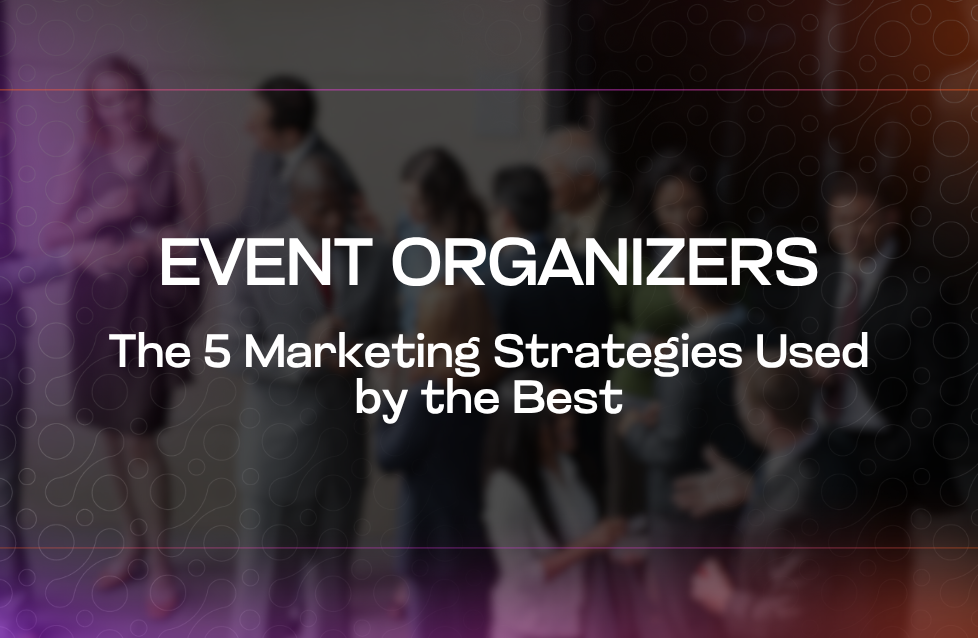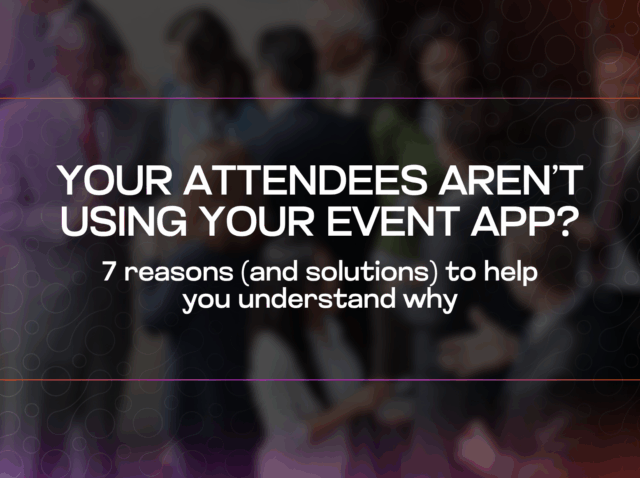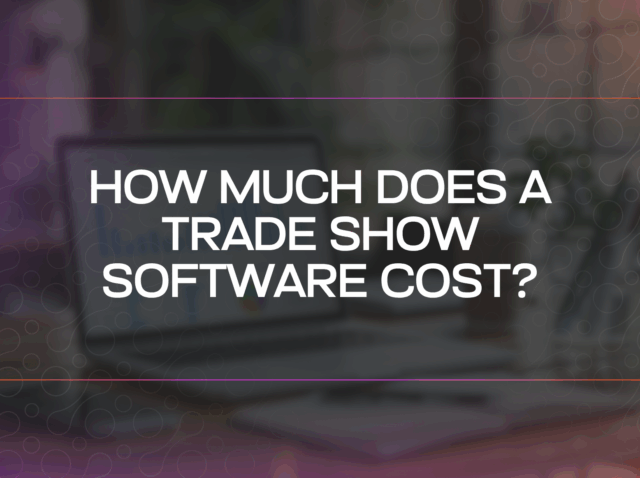As an event organizer, much of your success depends on your ability to plan outstanding events and make your clients return again and again. While your events may speak for themselves (and perhaps they do!), the truth is that you need strong marketing to stand out from other event organizers and attract new clients.
In this article, we’ll explore five proven marketing strategies, tips, and examples that every event organizer should know to strengthen their marketing efforts. The competition is fierce—use these insights to set yourself apart.
1. Find Your Niche
No business can thrive without a clear target audience. In event planning, this means identifying the types of events you can deliver most successfully and the clients you can best serve. This is the foundation for all your marketing efforts.
Rather than focusing only on demographics or generic definitions, create detailed profiles of your ideal customers—known as customer personas. These personas help shape your event organizer marketing strategy in multiple ways.
When you know your ideal client, you can define:
- The imagery to use on your website
- The social media channels to focus on
- Where to spend your advertising budget
- Which event trends will be most relevant for your business
To define your niche, start by analyzing your most successful past events or explore similar events you’d like to replicate. What do they have in common? Are they similar in size, venue type, or topic? Do the organizers or attendees come from a particular industry? What goals do they share?
All these questions help you create a clear picture of your target audience and shape the perfect offering.
Here are a few examples:
- “I organize luxury weddings for high-profile couples and celebrities who want to impress their guests.”
- “My company produces impactful in-person and virtual conferences for nonprofit organizations.”
- “My business focuses on corporate virtual events for the financial sector.”
Once your audience is defined, share it with your team and discuss what it means for your marketing. Where can you find these ideal clients? How can you communicate your value proposition on your website? What branding fits the type of events you plan? What kind of content would resonate most with your audience?
Alongside your mission statement, this will provide a clear roadmap for your event organizer marketing strategy.
2. Make Your Website a Priority
With your target audience in mind, it’s time to review your website. Navigate through it as if you were visiting for the first time and ask yourself:
- What are the first things you notice?
- Can you immediately tell what the site is about without scrolling?
- Is your logo visible above the fold?
- Can visitors contact you within three clicks?
- Are the images clear, descriptive, and high-quality?
- Are client reviews easy to find?
- Is navigation intuitive and simple?
Use your answers to make sure your website is clear, compelling, and aligned with your brand identity as an event organizer.
3. Build and Grow Relationships—Online and Offline
One of the great things about marketing your event planning business is that you don’t have to do it alone. By creating strong relationships within your community and industry, you can build a network of advocates who will help you reach your goals.
Here are a few simple ways to strengthen your connections:
- Collaborate with local vendors you use in your events—caterers, florists, transport providers, AV companies, etc. You’ll ensure high-quality services and future referrals.
- Focus on one or two social channels where your audience is most active. Engage by asking questions, providing tips, and offering value.
- Consider offline communities or membership-based groups. These allow you to connect more closely with a specific audience and build long-term trust.
- Explore co-marketing opportunities with local businesses. Offer restaurant gift cards as event prizes, showcase local artists’ work, or feature local food trucks during event breaks.
- Be visible in your community. Share your insights about the industry and local events. You never know who’s listening and might reach out for your services.
And, of course, build your digital community by using social media strategically.
If you want to learn more, check out our article: How to Build a Community of Event Participants.
4. Show Your Style Everywhere
No matter what kind of events you plan, you can build a reputation by developing a recognizable point of view. Your goal is for clients and attendees to know it’s one of your events—without seeing your name on it.
Your unique style might show through in welcome gifts, group session formats, interactive elements, or the overall theme and tone of your events.
Once you’ve identified your signature style, make it visible:
- Curate your website and social media visuals carefully
- Create a digital portfolio to showcase to potential clients
- Share photos and videos from past events that tell your story as an event organizer
Your style doesn’t need to be one specific visual element—like being “the wedding planner who always uses purple.” Instead, find something unique and meaningful you bring to your market:
Maybe you’re known for transforming quiet rural venues into dreamy outdoor settings. Maybe your events are eco-conscious and sustainable. Or maybe you’re the go-to planner for tech-forward, innovative events.
Whatever your unique selling point, highlighting it helps attract the right clients.
5. Manage the Client Journey from Start to Finish
Marketing isn’t only about awareness. While visibility is important, it’s just one piece of the event organizer’s marketing puzzle.
Every potential client goes through a journey before choosing a planner. They’ll dream about their event, research options, compare budgets and expertise, reach out to planners, make a choice—and later share their experience with others.
That means you have multiple opportunities to connect with potential clients throughout their journey. Here are some ideas:
- Optimize your website for SEO with relevant keywords for your market. Use tools like Google Keyword Planner to identify strategic search terms.
- Create landing pages for each type of event you plan. This helps you target specific keywords and speak directly to each audience.
- Start an email newsletter with tips for event planning. Offer a free download like a checklist or calendar to attract subscribers.
- Publish valuable content that educates your audience about industry trends.
- Manage your reputation by responding to reviews and feedback.
- Showcase testimonials, photos, and videos from past events.
- Add FAQs to your website to make it easier for clients to choose you.
- Encourage user-generated content from your events and share it on social media.
- Create loyalty programs or client appreciation offers for repeat customers.
Remember, your clients are busy people. Show them that you can simplify the planning process, and you’ll be well on your way to winning their trust—and their business.
Start Applying These Event Organizer Marketing Strategies Today!
There’s no one-size-fits-all approach to event organizer marketing, but if you follow the strategies above and tailor them to your business, you’ll be well on your way to reaching more potential clients and growing your success.







